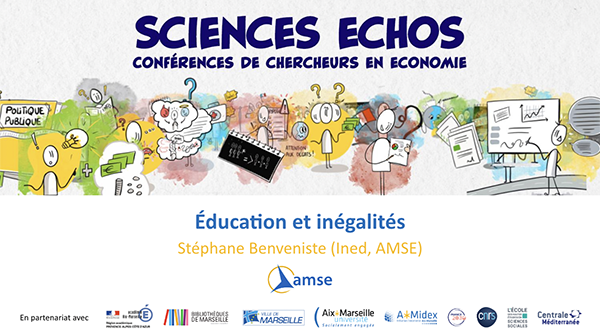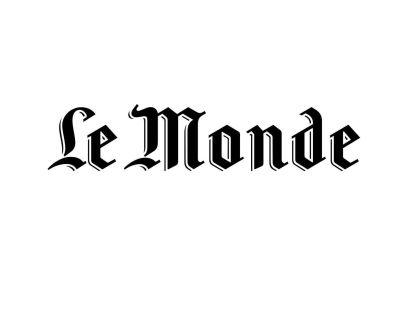JANUARY 28, 2024
Only in French - "Education et inégalités" une conférence pédagogique du chercheur Stéphane Benveniste (INED) dans le cadre du cycle Sciences Echos.
Dans le débat public comme dans le monde de la recherche, l’éducation est tantôt présentée comme la grande force égalisatrice, tantôt comme la cheville ouvrière de la reproduction sociale. Son caractère obligatoire et universel la place au centre de notre socialisation. Nous ne sommes toutefois pas égaux devant l’école. Les ressources, stratégies et investissements parentaux, l’origine sociale, la santé, le genre, les facultés héréditaires ou acquises, l’organisation des structures et des politiques éducatives sont déterminants pour la réussite scolaire et le diplôme obtenu.
Cette conférence proposait de :
- dresser un panorama des inégalités éducatives ;
- présenter certains concepts comme l’égalité des chances et la méritocratie ;
- discuter de politiques publiques (comme la réduction du nombre d’élèves par classe).




